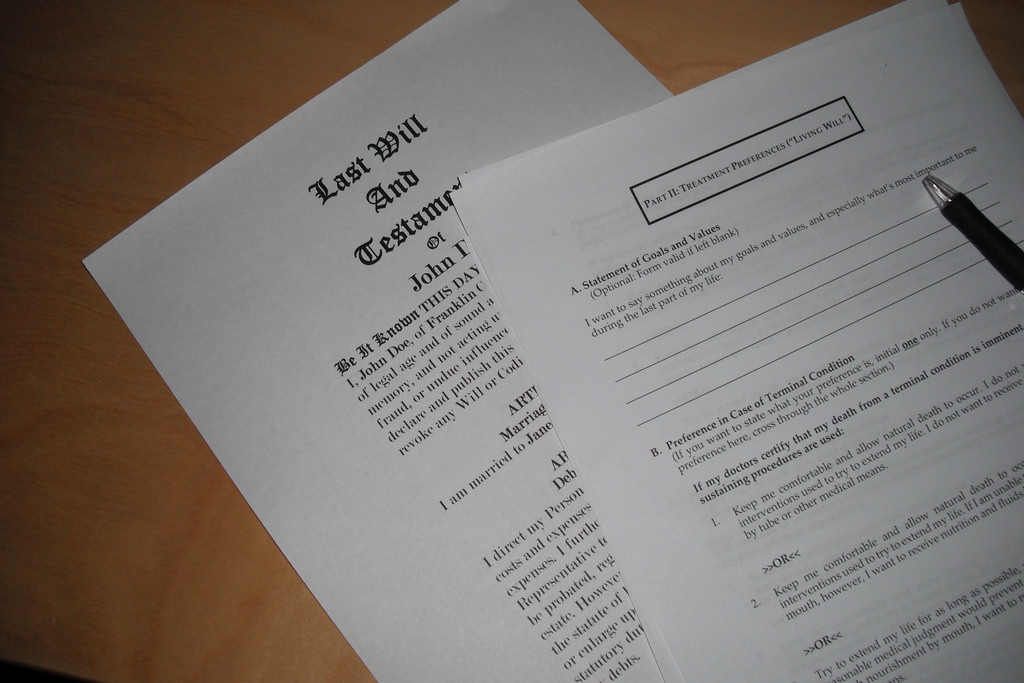North Carolina joins four other states in providing a path to ensure decedents’ assets are distributed according to their wishes upon death.[1] The North Carolina General Assembly recently enacted legislation amending statutes regarding estate administration by adding a procedure for “living probate.” This action is usually commenced by a testator – the author of a will – prior to his or her death where he or she anticipates a challenge to the will’s validity. The court can now declare a will is valid while the testator is alive, thereby preventing potentially more expensive litigation after the testator’s death, when he or she is unable to…
-
-
Six Ways to Challenge a Will’s Validity
Wills must meet several basic requirements to be valid and enforceable under state law. If any of the below factors are at work, then a will’s validity may be challenged. (1) Undue Influence Undue influence exists when a person uses coercion to influence the testator (the person creating a will) into executing a will that does not accurately reflect the testator’s true wishes. There are several red flags to keep in mind if you are suspicious a loved one’s will is the product of undue influence. Unusual dispositions of property, sickness and vulnerability of the testator to undue influence,…

